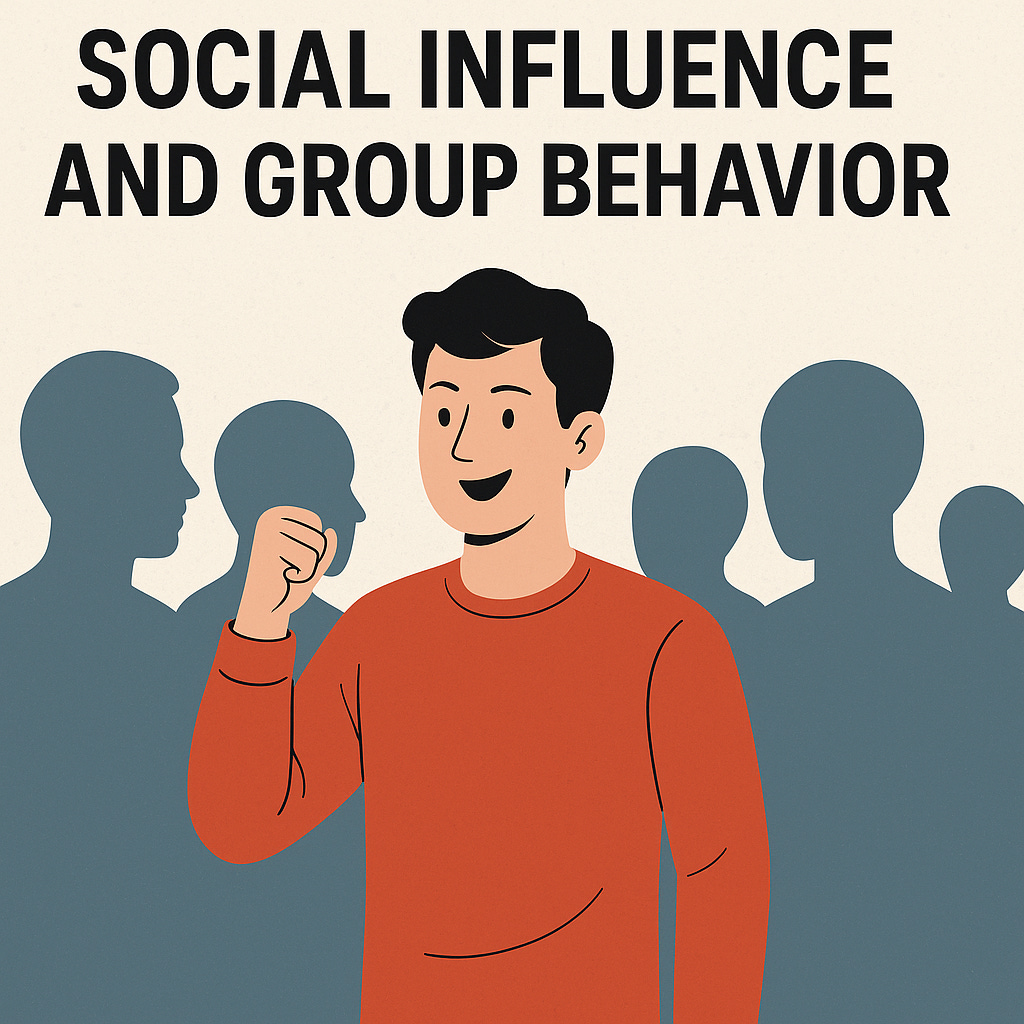Discover how society molds individual behavior through conformity, obedience, peer pressure, groupthink, and social facilitation—key concepts tested on the MCAT Psychology section. This episode breaks down the science of influence, real-world examples, and how to master this high-yield topic.
Welcome to Episode 6 of MCAT Psych Pulse
In this episode, we explore the fascinating world of social influence and group behavior—the psychological forces that shape our decisions, behaviors, and even our sense of self. From peer pressure in high school to obedience in authority-driven environments, these concepts are not just academic—they’re part of our everyday lives.
What You'll Learn:
Types of Social Influence: Conformity, compliance, and obedience
Famous Experiments: Milgram’s shock study, Asch’s line experiment, and Zimbardo’s prison simulation
Group Dynamics: Groupthink, deindividuation, social facilitation, and bystander effect
Social Norms and Roles: How unwritten rules and social expectations guide behavior
Application to the MCAT: How to quickly identify key terms and answer psychology/sociology questions with confidence
Why It Matters:
Understanding these principles helps explain real-world phenomena—from viral social trends to dangerous mob mentalities. More importantly, they show up frequently on the MCAT.
Subscribe for More:
Subscribe to unlock the full study guide, annotated visuals, and exclusive practice questions designed for MCAT mastery. Premium content drops weekly to keep you ahead of the curve.
Podcast Available On:
YouTube | Spotify Podcasts
Watch or listen wherever you study best.













Share this post